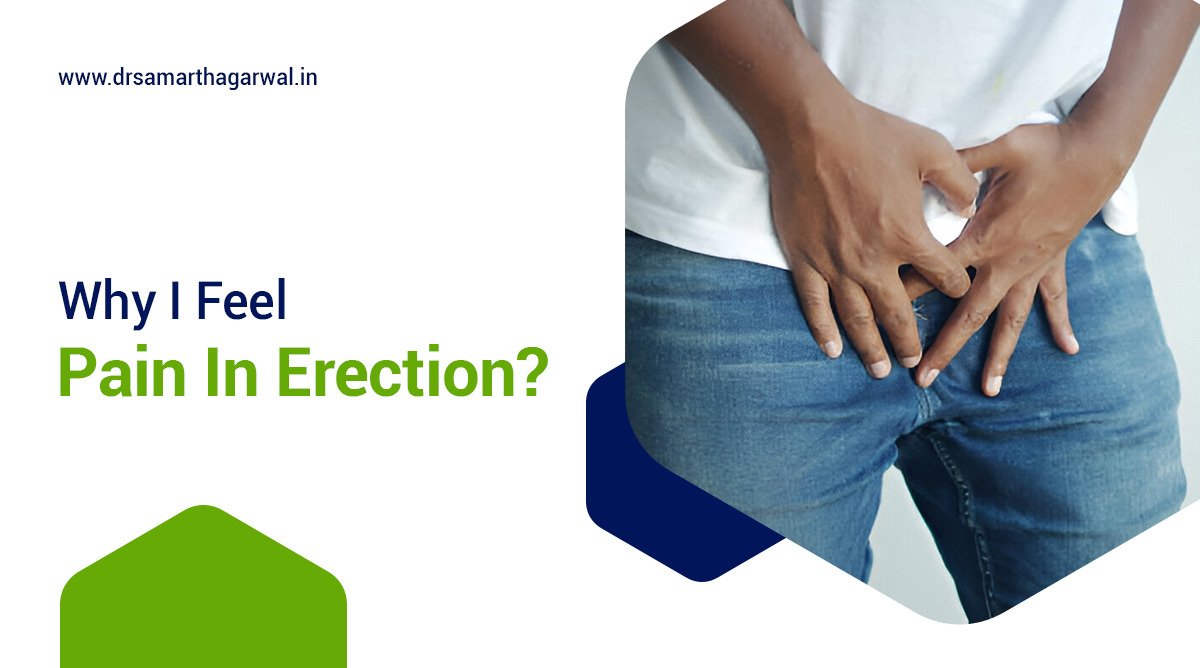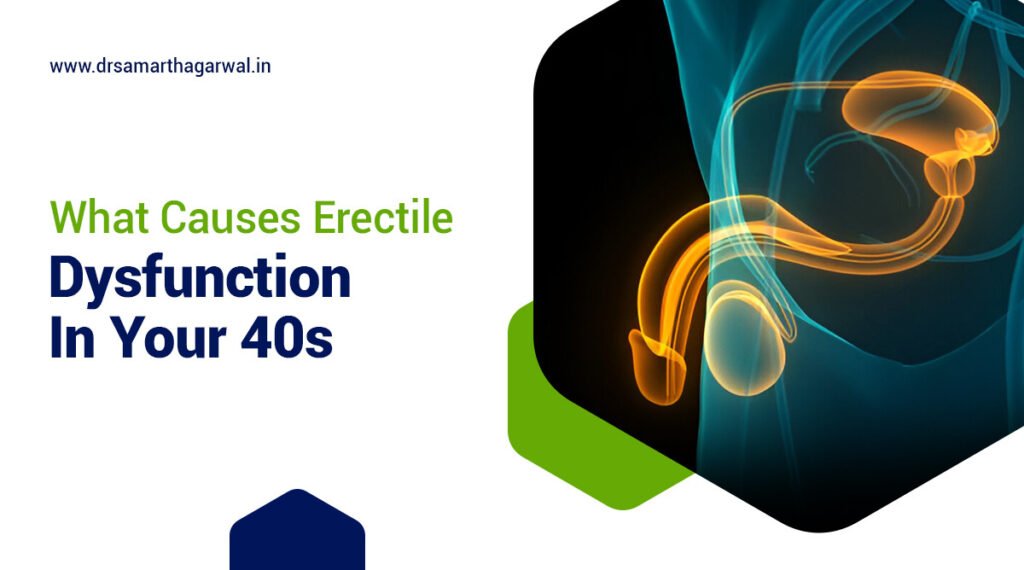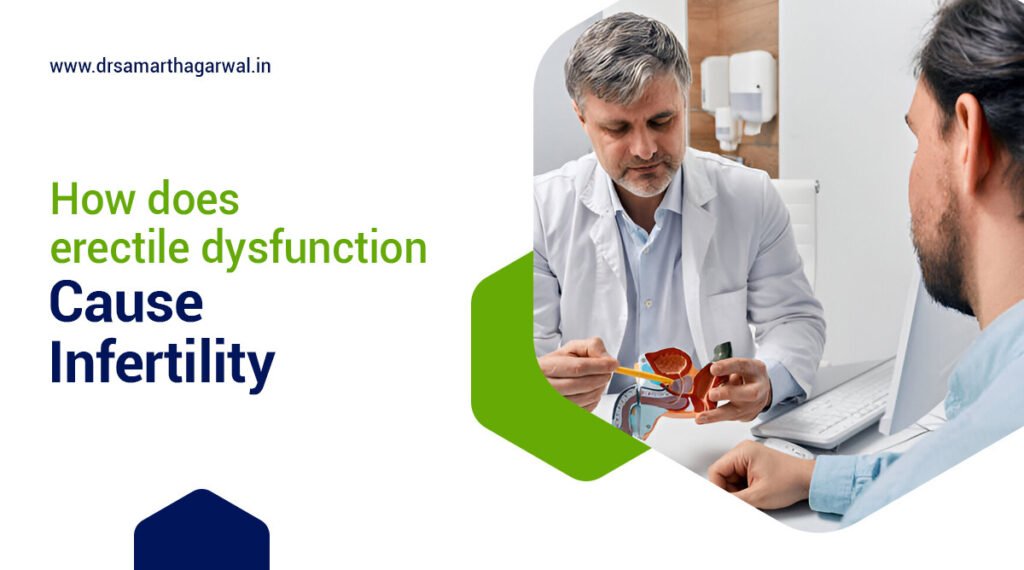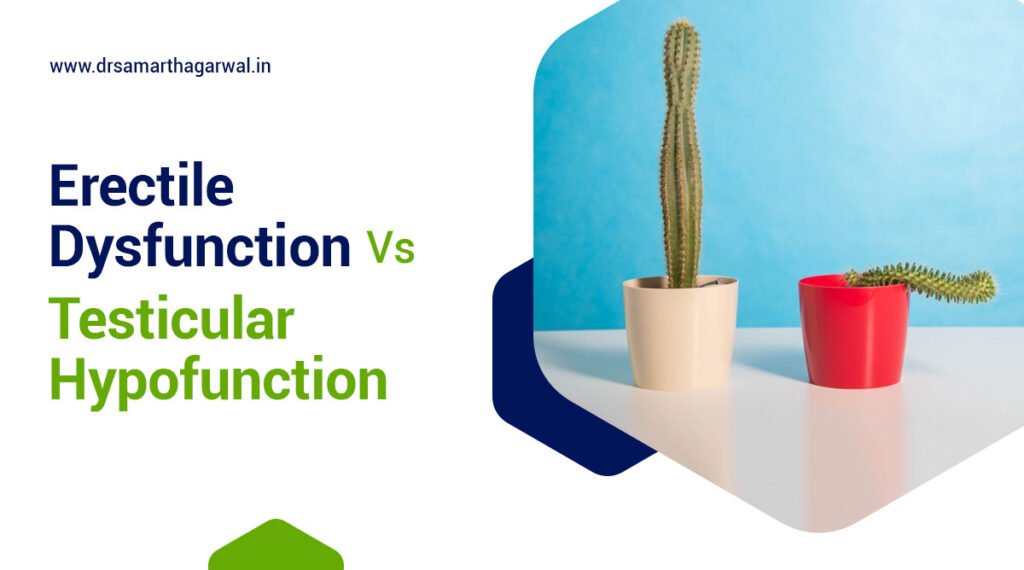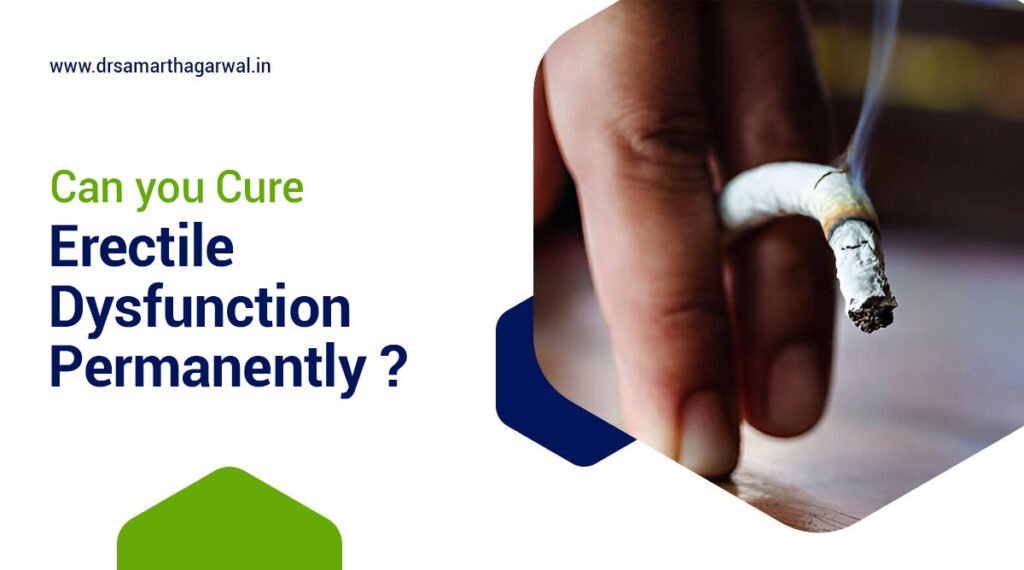Experiencing pain during an erection can be both distressing and perplexing, prompting inquiries regarding potential underlying causes and available solutions. This condition may arise from a variety of factors, including physical issues such as injuries or infections, as well as psychological influences like anxiety or stress. This discussion will encompass the symptoms to observe, the diagnostic methods employed by healthcare professionals, and the various treatment options available, including medications and lifestyle modifications. Gaining a comprehensive understanding of this topic can empower individuals to seek appropriate assistance and enhance their sexual health.
What Causes Pain in Erection?
Pain during an erection can arise from various causes, both physical and psychological, and understanding these causes is crucial for effective diagnosis and treatment. This condition, often referred to as painful erection, may stem from issues like priapism or erectile dysfunction, which can severely impact a man’s quality of life and penis health.
Notably, Peyronie’s disease and other factors affecting blood flow can also lead to significant discomfort during sexual arousal. Therefore, seeking guidance from a qualified urologist is essential to address the underlying causes and explore appropriate treatment options tailored to individual needs.
Physical Causes and Treatment Options
Physical causes of painful erections can range from structural abnormalities like Peyronie’s disease to serious conditions such as priapism, including erection lasting beyond normal durations, that involve prolonged erections and impaired blood flow. Other physical issues impacting penis health include penile fractures and blood disorders such as sickle cell disease, which can lead to chronic pain and complications. Hormonal imbalances can further exacerbate these issues, making it essential to identify and address the underlying physical factors contributing to painful erections.
Penile fractures, while less common, can have devastating effects on sexual function. These injuries often result from aggressive sexual activity and can immediately disrupt the blood flow necessary for a healthy erection. Addressing these injuries promptly with emergency medical intervention is crucial.
- Priapism is another concern, characterized by excessive blood accumulation, which not only causes pain but can also lead to tissue damage over time.
- Blood disorders like sickle cell disease may compromise circulation, thus making painful erections a frequent, distressing occurrence.
Recognizing these physical factors is crucial for effective management and treatment. In many cases, early intervention can alleviate discomfort and restore normal function, while also addressing the psychological impact of these conditions.
Psychological Causes
Psychological causes of painful erections often stem from underlying mental health issues such as anxiety, stress, or depression, which can significantly affect sexual arousal and function. Conditions like erectile dysfunction may have psychological roots, where a man’s mental state impacts his ability to achieve or maintain an erection without pain. Persistent genital arousal disorder, a rare condition, can also cause discomfort and needs careful evaluation to understand its psychological dimensions. Engaging with a health care provider for medications for pain and psychological support can be beneficial.
Unpacking these contributors reveals a complex interplay between both physical and emotional health. Anxiety might be triggered by performance pressures or past negative experiences, further complicating a man’s sexual health. Stressors from everyday life, whether related to work or relationships, can diminish libido and exacerbate feelings of inadequacy.
Depression can manifest in diminished interest in sexual activities, often leading to a cycle where emotional distress intensifies physical symptoms.
- Understanding these psychological factors is crucial for effective treatment.
- Assessment by a mental health professional can clarify underlying issues.
- A comprehensive approach, incorporating both psychological insights and physical health evaluations, can enhance overall well-being.
Addressing these concerns not only aids in symptom relief but enriches personal relationships and quality of life.
What are the Symptoms of Painful Erection?
Identifying the symptoms of painful erections is crucial for timely diagnosis and management of this condition. Symptoms can manifest in various forms, including acute penis pain during an erection, discomfort following ejaculation, and even pain experienced during urination.
These indicators not only suggest underlying medical issues but also significantly affect a man’s sexual health and overall quality of life. Recognizing these symptoms early can facilitate appropriate medical evaluation and treatment options to alleviate discomfort effectively.
Pain During Erection
Pain during an erection can be a distressing experience, often linked to serious conditions like priapism or erectile dysfunction, necessitating immediate medical attention.
This kind of discomfort often serves as a warning signal from the body, hinting at complications such as compromised blood flow or structural issues within the penile area. In particular, priapism is a condition characterized by prolonged and painful erections, which, if left untreated, can lead to long-term damage.
On the other hand, erectile dysfunction may also present pain as a byproduct of insufficient blood circulation or nerve-related problems.
Understanding the details surrounding this symptom is crucial, as it encompasses various potential health risks. Medical evaluation is essential and should include:
- A thorough medical history review
- Physical examinations
- Necessary imaging tests
- Laboratory tests to assess hormone levels
- Assessment for potential surgical treatments
- Consideration of blood-thinning medications if indicated
Such steps ensure that practitioners can determine the root cause and provide an appropriate treatment plan.
Pain After Ejaculation
Experiencing pain after ejaculation can be alarming and may be linked to various underlying causes affecting penile health, including infections, inflammation, or structural issues. Understanding the reasons behind this symptom is crucial for proper diagnosis and treatment, as it can reflect broader health concerns.
Such discomfort could arise from several conditions, including but not limited to prostatitis, urethritis, or complications from sexually transmitted infections (STIs). It’s also worth noting that cramping during orgasm may signal an issue with the pelvic floor muscles or even nerve-related problems. Pain management strategies such as a warm bath or gentle walk can provide temporary relief.
In instances where pain persists, individuals are encouraged to seek a consultation with a healthcare provider.
A thorough medical evaluation is essential, as it can help:
- Identify any underlying infections that may require immediate attention.
- Assess structural complications, such as vascular or anatomical issues.
- Determine if any chronic conditions, such as diabetes or hypertension, may be contributing to the symptom.
Ignoring such signs can lead to complications, so prioritizing health by discussing any discomfort with a professional is vital.
Pain During Urination
Pain during urination can indicate serious underlying conditions such as urinary tract infections or inflammation and should be addressed promptly to avoid further complications.
This symptom, while often associated with urinary issues, can also be linked to painful erections and must be evaluated in conjunction with other symptoms.
Experiencing discomfort in this area can greatly affect one’s quality of life, creating additional worries about overall health. Understanding the potential causes can give the power to individuals to seek timely medical advice. Commonly, those suffering from urinary tract infections may also encounter:
- Increased urgency to urinate
- Burning sensations
- Cloudy or strong-smelling urine
These infections can lead to complications such as:
| Possible Complications | Description |
| Kidney Infections | Severe infections may ascend to the kidneys, requiring more intensive treatment. |
| Painful Erections | Inflammation in the pelvic area can complicate erectile function and lead to performance anxiety. |
Seeking medical attention is vital, as prompt intervention can prevent unnecessary distress and ensure a proper diagnosis, ultimately paving the way for effective treatment.
How is Painful Erection Diagnosed?
The diagnosis of painful erections involves a comprehensive approach that includes a detailed medical history, thorough physical examination, and various diagnostic tests to determine the underlying causes.
Healthcare providers often assess symptoms, risk factors, and past medical issues to develop an appropriate treatment plan. Accurate diagnosis is crucial for managing this condition effectively and ensuring optimal penis health.
Physical Examination
A physical examination is a fundamental step in diagnosing painful erections, allowing healthcare providers to assess symptoms and identify any physical abnormalities or underlying conditions. This process often includes evaluating blood flow, checking for structural issues, and understanding the severity of the symptoms.
During this examination, healthcare professionals typically focus on several key components to develop a comprehensive understanding of the patient’s condition.
- Blood Flow Assessment: Evaluating the circulatory system is critical, as restricted blood flow can lead to discomfort and dysfunction. Conditions like Peyronie’s disease and priapism can be diagnosed during such assessments.
- Structural Evaluation: A careful inspection of the penis and surrounding areas can help identify anything unusual that may contribute to pain.
- Neurological Examination: Understanding nerve function is also pivotal, as nerve damage could be a source of the painful experiences.
Each of these components significantly contributes to the diagnostic process, guiding healthcare providers towards appropriate treatment options that address the root causes, such as scar tissue or penile tumors, rather than just the symptoms.
Medical History
Gathering a comprehensive medical history is essential for diagnosing painful erections, as it helps healthcare providers understand risk factors, past medical conditions, and any relevant medications that may contribute to the symptoms. This detailed history can guide further diagnostic steps and treatment planning.
By meticulously evaluating a patient’s medical history, practitioners can pinpoint specific elements that may exacerbate discomfort. Factors such as:
- Chronic conditions like diabetes or hypertension,
- Previous urological surgeries,
- Current medications, particularly those affecting blood flow or hormone levels,
- Lifestyle choices, including smoking and alcohol use.
Understanding these variables not only aids in identifying potential causes but also shapes a tailored treatment approach. This knowledge fosters a more effective patient-provider dialogue, ensuring that concerns are addressed comprehensively.
Ultimately, the collection of a thorough medical background is instrumental in navigating the complexities surrounding painful erections.
Diagnostic Tests
Diagnostic tests are crucial in evaluating painful erections, as they provide insight into underlying conditions affecting penis health and function. These tests may include blood tests, imaging studies, and other assessments to determine the best treatment options.
In particular, blood tests can help identify hormone imbalances, such as low testosterone levels or elevated prolactin, both of which can contribute to erectile dysfunction and discomfort during erections. Imaging studies, including ultrasound, may be employed to visualize blood flow to the penis, allowing healthcare providers to pinpoint vascular issues that could be impacting erectile function.
- Erection tests: These may assess the rigidity of erections during sleep, indicating whether psychological factors or symptoms causes like priapism are at play.
- Penile sensory testing: This evaluates nerve function and sensitivity, highlighting potential neurological causes of painful erections or infection inflammation.
- Psychological assessments: Understanding emotional or mental health factors is also crucial, as they can significantly influence sexual function.
Ultimately, these diagnostic approaches are essential for comprehensively addressing the root causes of painful erections and tailoring effective treatment strategies.
What are the Treatment Options for Painful Erection?
Treatment options for painful erections vary based on the underlying causes and severity of the condition, encompassing a range of interventions from medications to psychotherapy and surgical procedures. In cases of medical emergency, such as severe priapism, immediate attention in the emergency room may be necessary.
Effective pain management is crucial, as it not only alleviates discomfort but also improves overall sexual health and well-being. Consulting with a healthcare provider ensures that individuals receive personalized treatment plans tailored to their specific needs.
Medications
Medications play a vital role in treating painful erections, particularly in cases related to erectile dysfunction or other underlying medical conditions. Pain relief using painkillers like paracetamol or local anaesthetic might also be considered.
Among the various treatments available, health professionals often prescribe Phosphodiesterase type 5 inhibitors, such as sildenafil or tadalafil, which work by increasing blood flow to the penis, thereby facilitating a more comfortable erection. These medications can help alleviate pain associated with erectile dysfunction by relaxing blood vessels and enhancing circulation.
Another option includes alprostadil, which can be administered through injections or as a urethral suppository; it serves a similar purpose by dilating blood vessels to relieve discomfort. Caution is necessary with any of these drugs as they may come with side effects, such as headaches, dizziness, or gastrointestinal issues. Awareness of potential interactions with blood thinners is crucial to prevent complications.
- Common medications include prescription medications such as:
- Sildenafil
- Tadalafil
- Alprostadil
Ultimately, individualized treatment plans, constructed together with a healthcare provider, can help optimize comfort while managing painful erections effectively.
Psychotherapy
Psychotherapy is an important avenue for addressing the psychological causes of painful erections, as it helps individuals navigate mental health challenges that may be contributing to their symptoms.
Through a range of therapeutic techniques, such as cognitive-behavioral therapy and mindfulness practices, individuals gain insights into underlying emotional issues that may wreak havoc on sexual function. Notably, anxiety, stress, and past trauma can all play significant roles in these experiences. Recognizing and addressing these factors not only fosters a deeper understanding of one’s condition but also promotes effective coping mechanisms.
- Emotional Support: Psychotherapy offers a safe space for individuals to express feelings without judgment.
- Improved Communication: Engaging in therapy can enhance communication skills, allowing partners to discuss intimate concerns more openly.
Integrating psychotherapy into treatment plans for painful erections presents a holistic approach that prioritizes both emotional and sexual health.
Surgery
Surgery may be considered as a treatment option for painful erections in cases where conservative approaches have failed or when structural abnormalities are present. Surgical treatments can address underlying issues such as penile fractures or severe erectile dysfunction, and are aimed at restoring penile health and alleviating chronic pain.
When assessing surgical options, it’s crucial to understand that various interventions can be tailored to specific conditions, including treatment for balanitis or addressing causes of priapism. For instance:
- Peyronie’s Disease: Surgical intervention may involve penile plication or grafting procedures to correct curvature and reduce pain.
- Penile Implants: Often utilized for erectile dysfunction, these devices can enhance sexual function and may also mitigate pain when properly placed.
- Fracture Repair: In cases of penile fractures, urgent surgical repair can restore anatomy and alleviate immediate discomfort.
Expected outcomes will vary based on the type of procedure and the underlying cause of pain. Consulting with a urologist will provide a personalized approach, best suited to the individual’s specific condition.
Prevention and Self-Care for Painful Erection
Preventing painful erections and managing their symptoms can often be achieved through a combination of self-care strategies and healthy lifestyle choices. Engaging in regular physical activity, maintaining a balanced diet, and practicing effective communication with sexual partners can contribute significantly to overall sexual health and reduce the risk of erectile dysfunction and related issues.
Implementing these preventive measures can enhance well-being and minimize the incidence of painful erections.
Healthy Lifestyle Choices
Adopting healthy lifestyle choices is one of the most effective ways to prevent painful erections and enhance overall sexual health. Factors such as regular exercise, a balanced diet, and avoiding harmful substances can significantly reduce the risk of erectile dysfunction and promote better blood flow.
Consider incorporating a range of nutrient-dense foods that are rich in vitamins and minerals essential for sexual function. Foods like leafy greens, fatty fish, and nuts can help maintain optimal vascular health.
- Regular exercise not only boosts physical stamina but also improves mental well-being, both of which are crucial for a satisfying sexual experience.
- Avoiding tobacco and limiting alcohol intake can help prevent issues related to circulation.
- Staying hydrated and managing stress levels further supports sexual health and can reduce occurrences of painful erections.
By making these targeted lifestyle adjustments, individuals can foster a healthier sexual life and significantly decrease the likelihood of discomfort.
Communication with Sexual Partner
Effective communication with a sexual partner is vital for managing painful erections and fostering a trusting relationship. This is emphasized by experts like Philip Weintraub, MD, who highlight the importance of understanding individual needs in difficult situations.
Engaging in open dialogues not only strengthens the emotional bond between partners but also serves as a crucial tool for navigating the complexities of sexual health. When individuals discuss not just the physical discomfort, but also their emotional responses to it, they pave the way for greater intimacy and understanding. This in turn can lead to a variety of effective communication strategies, such as:
- Active listening, where partners genuinely acknowledge each other’s feelings.
- Using ‘I’ statements to express personal experiences without placing blame.
- Establishing safe words or signals to create a sense of security.
Such strategies not only aid in pain management but also diminish anxiety surrounding sexual intimacy, fostering a healthier and more connected relationship overall.

Contact Dr. Samarth Agarwal if you have any questions or concerns about your Urinary health!


